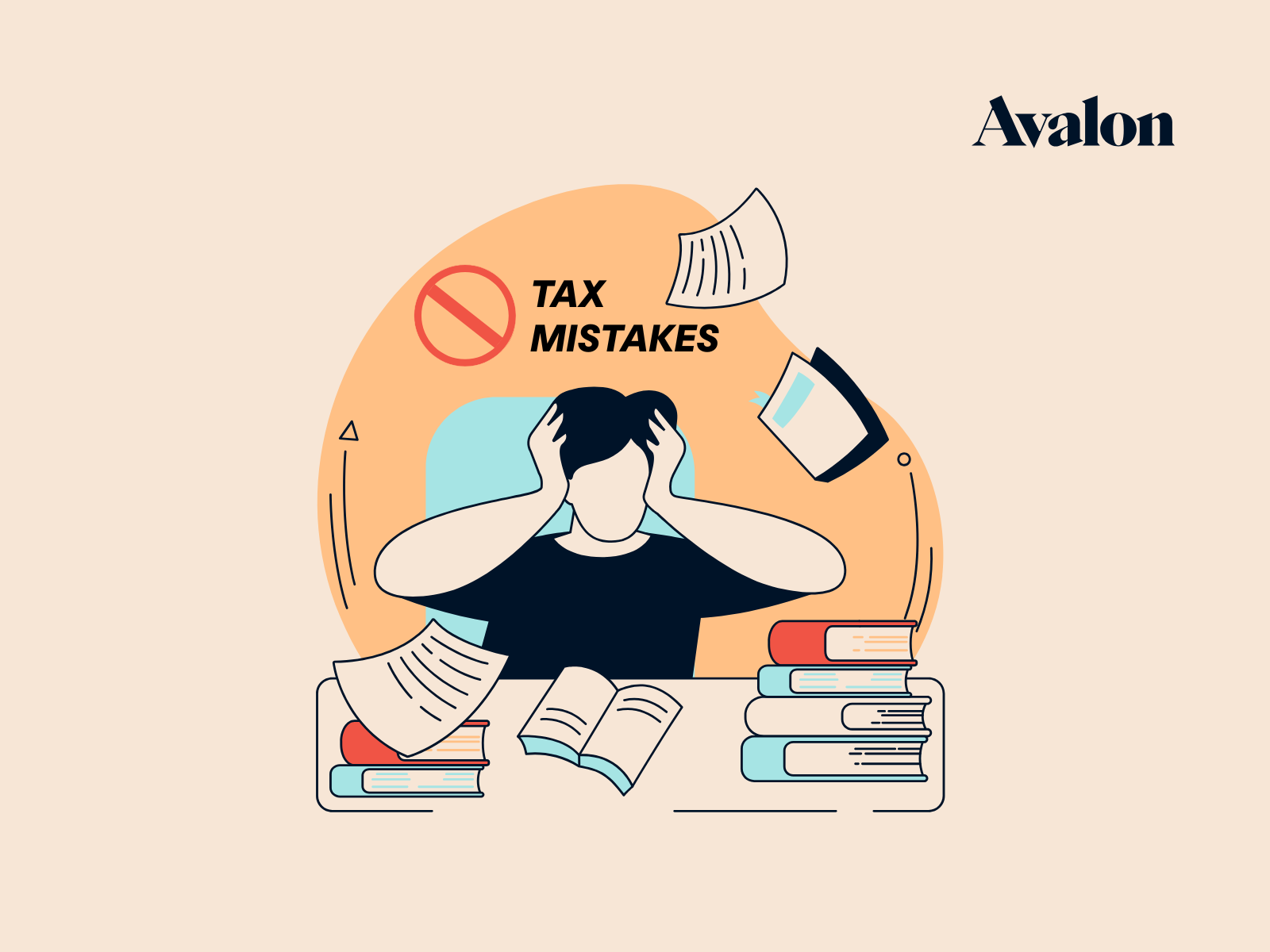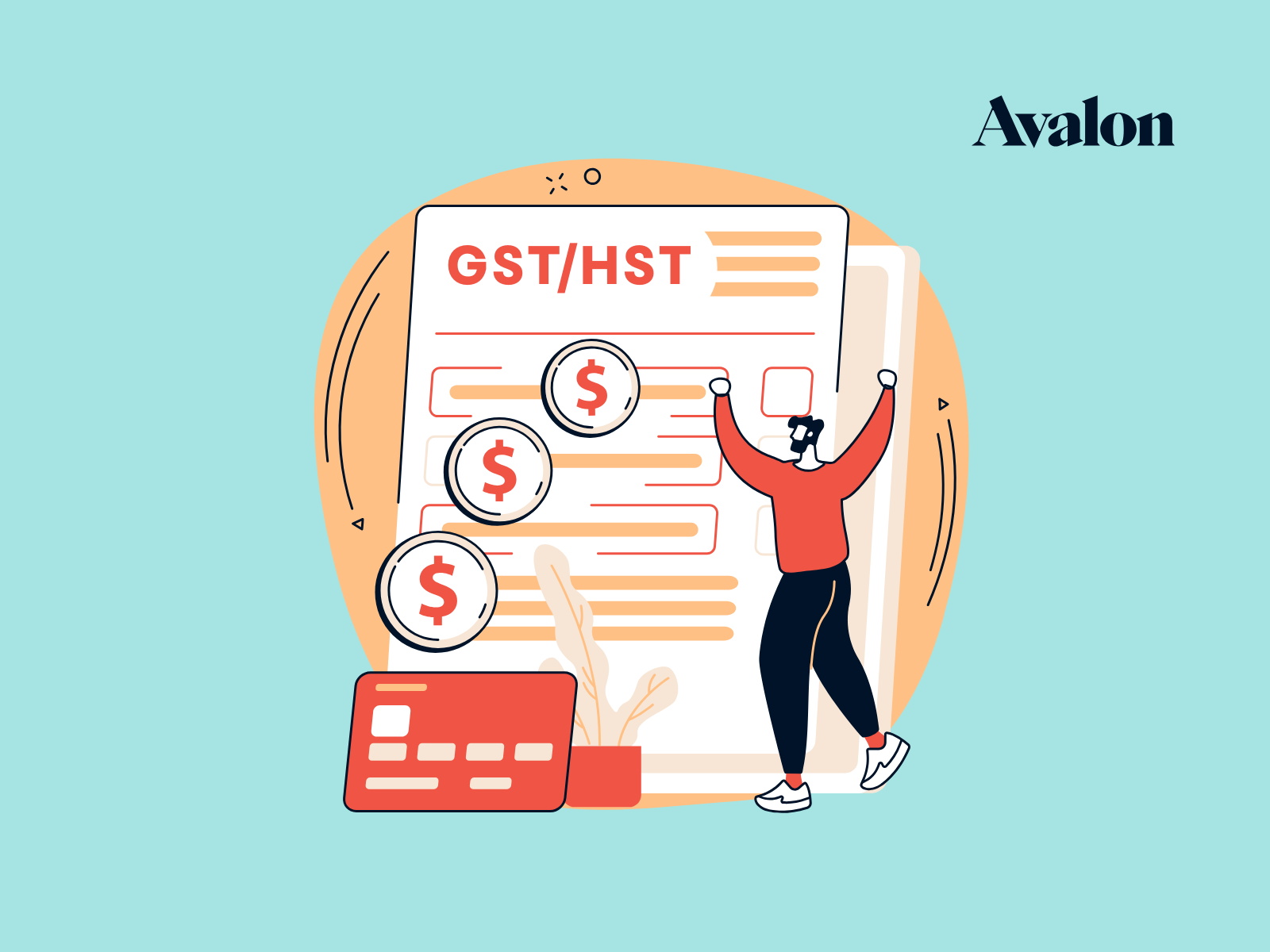Year End Accounting Checklist
Getting your bookkeeping ready to send to the year-end accountant can be daunting.
Luckily we’ve put together an easy to follow checklist that you can use to get your books ready for the year end. Your accountant will be thrilled!
📖Read on to save yourself time and hassle during your corporate year-end.
🎥Or if you prefer, Joe can talk you through it in this video👇
Record All Transactions
This may seem a bit obvious, but the first step is to make sure that all transactions for the year have been recorded. This includes current year bills and invoices even if they haven’t yet been paid.
Review your supporting documents (receipts, bills, invoices etc.) to make sure that you’ve recorded everything. We use Dext for electronically storing supporting documents so this process pretty much completes itself!
Do a Bank Reconciliation
It is also important to make sure that the transactions you’ve recorded in your bookkeeping software are the same as what is on your bank and credit card statements. To do this, you will need to perform bank reconciliations.
Using bookkeeping software such as Xero or QuickBooks Online makes completing bank recs much easier. If you’re not sure how, check out these bank reconciliation tutorials for Xero and QuickBooks Online.
Review Your Financial Statements
Once you have completed your bookkeeping, it’s a good idea to look through your income statement and balance sheet and make sure things appear correct. Go through each line item and look for dollar amounts that don’t seem to make sense. You may quickly find a few mistakes that you can correct before sending your books to your accountant. Look for things like:
- Negative account balances
- Account balances that seem too high or too low
- Large differences in account balances from the previous year
Check Your Accounts Receivable and Invoices
It’s a good idea to review your receivables regularly to make sure you’re getting paid when you should be. Run an aged receivables report in your bookkeeping software at your year end date. Look through the list of outstanding invoices and consider if you have been paid for each invoice or not.
The most likely place you will find errors or issues is the column showing the oldest invoices. Investigate any items that don’t look correct or if you think some invoices are missing. You’ll probably also want to contact customers who are late in paying while you’re at it!
Check Your Accounts Payable
On the other side of the coin, you will want to make sure that your accounts payable are correct at the end of the year. Run the aged payables report in your bookkeeping software and go through each item to see if they make sense.
Pay any late bills and make sure to record any missing bills dated on or before your year end.
Making sure that all of the appropriate expenses are recorded will help reduce your tax bill.
Perform an Inventory Count
If you have inventory of any kind in your business, it is important to make sure the value of inventory on hand is known at your year end. This is done by physically counting your inventory on (or very close to) the final day of your fiscal year.
Count those widgets, bottles of vinegar, car batteries or whatever your inventory consists of. Write the number down and calculate the total inventory value by applying your cost per unit. Often this is easier said than done, so estimation may be required… how much is 6 half-full bottles of vinegar worth again?
Take Time to Reflect (Important)
The year end is a great opportunity to reflect on your business on a higher level. Is it providing the income, time and enjoyment that you had hoped it would? Or is it stressful and all-consuming? What goals did you have for your business at the start of the year and did you achieve them?
Looking at the bigger picture will help you make decisions to improve how your business operates, how you work in your business, and ultimately, your life as a business owner.
Send Info to Your Accountant
The last step is to send the info off to your accountant. Don't worry too much if you're not sure what exactly to send, your accountant will follow up with additional info requests.
We typically ask for the following information. Start here and your accountant should be quite happy!
- Bank Statements - Bank and credit card statements for the year-end month and the following month in pdf format. You could also send a CSV / Excel verion as a bonus. Accountants love spreadsheets.
- Trial Balance - The Trial Balance as at the year-end date.
- General Ledger - The General Ledger for the fiscal year. When creating this report in accounting software, you will need to enter the first and last days of the fiscal year as the time period.
- Accounts Receivable - The Accounts Receivable Aging Report (or just a list of receivables) as at the year-end date.
- Accounts Payable - The Accounts Payable Aging Report (or just a list of payables) as at the year-end date.
- Supporting Documents - Include supporting documents for any applicable balance sheet account items. For example, an inventory count and cost calculation to support the inventory balance on hand at the year-end.
- Capital Asset Purchase Details - For any large capital asset purchases, it's best to include the supporting document or at least a description of what was purchased.
- Share Capital Info - Include share capital details if it's the first year of filing with your accountant or if any changes to the share capital.
- Confirm That You've Closed the Books - It's best to confirm that you have closed and locked your books for the year. If you make changes after your accountant has started on the year-end with the info that you provided, it will significantly increase the accounting work. If your accountant charges you hourly, this means your bill will be higher too.
This should really help your accountant get to work on your year-end. It will mean a faster turn-around for you and likely a smaller bill if your accountant bills hourly.
Avalon Can Help
Yes we like tidy books at year end, but what really gets us excited is helping business owners achieve success, whatever success means to them.
We can also take that bookkeeping over for you so you can focus on growing your business. Check out our service packages for more details.












